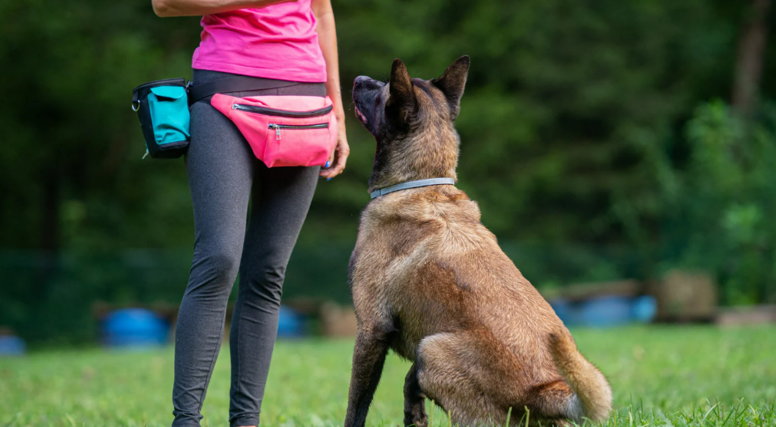What to Expect from a Professional Canine Trainer Course

Pursuing a career as a canine trainer involves far more than teaching basic obedience. It demands a deep understanding of animal behavior, emotional control, and practical fieldwork. Enrolling in a canine trainer course in Gainesville offers the opportunity to develop these critical skills in a structured, hands-on learning environment designed for serious professionals.
What the Course Typically Covers
Students begin by learning canine psychology, focusing on motivation, learning theory, and behavioral signals. Topics include conditioning techniques, breed traits, and developmental stages. These fundamentals help trainers recognize how dogs respond to different training methods and environmental triggers.
The course then moves into hands-on training with dogs of various temperaments. Practical skills include leash control, verbal cue timing, and shaping desired behaviors through consistent reinforcement. Trainers are taught how to remain calm, observant, and responsive throughout each interaction, which is essential when working in high-distraction or high-stress settings.
Understanding the Value of Program Structure
A strong foundation depends heavily on the structure and support of the program itself. When reviewing options, it’s important to look at how the course is delivered and what kind of real-world preparation it provides. One discussion that highlights these factors is centered on where to enroll in a K9 handler program, emphasizing the value of choosing a curriculum that blends theory with practical scenarios and professional mentorship.
Well-structured programs don’t just focus on the dog; they ensure the trainer is fully prepared to manage unpredictable situations, make confident decisions in the field, and support the dog’s long-term success.
Emotional Intelligence in Canine Training
Beyond technical skill, emotional intelligence plays a critical role in effective training. Trainers must be able to regulate their own emotions, recognize the dog’s emotional state, and adapt accordingly. This human-canine feedback loop becomes especially important when working with dogs under stress, fear, or aggression.
The importance of emotional self-awareness and empathy is further explored in the discussion about why emotional intelligence is a critical skill in every K9 handler course, where it’s made clear that successful trainers are those who can remain composed, observant, and respectful in every interaction. These soft skills are essential for maintaining trust and reducing tension between handler and dog.
Field Training and Scenario Exposure
One of the most impactful aspects of a professional course is scenario-based training. These exercises expose students to realistic challenges such as crowded public settings, noisy environments, and sudden distractions. Trainers are expected to maintain control, assess behavior, and apply what they’ve learned in dynamic conditions.
Instructors provide feedback and corrections in real time, ensuring each student understands how to adjust their methods on the spot. This prepares trainers for real-world applications such as service dog handling, behavioral rehabilitation, or advanced obedience work.
Conclusion
A comprehensive canine trainer course builds more than just technical skill; it fosters the judgment, confidence, and emotional control required to guide dogs through complex behavioral development. With an emphasis on structured learning, field application, and trainer self-awareness, students emerge prepared for the demands of professional dog training. For anyone seeking a serious path into this field, a well-designed course offers the essential tools to succeed.





